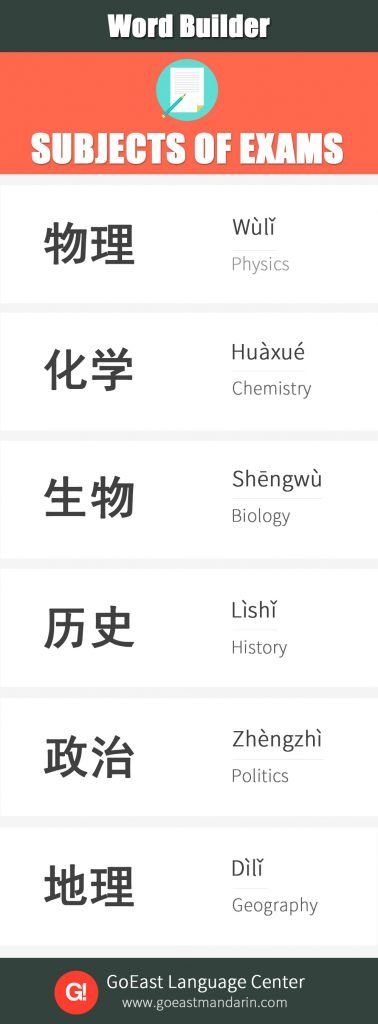The ABCs of Chinese Education
Chinese students’ reputation outside of China is that they are all good in mathematics and spend most of their time memorizing formulas and facts.
Given the focus of the primary and secondary school curricula, it’s no wonder: the main school subjects throughout childhood are Chinese language (语文 yǔwén) and math (数学 shùxué). These topics are also the focus of the national college entrance exam, the gāokǎo 高考. If a student has any hope of getting into university, they must do well on the gaokao and so the focus of all their school years are, understandably, the two subjects that will help them advance their studies and their life.

Before students start their serious preparation for the gaokao and university, primary school sets them up for success in life as an individual and as part of the community. The four guiding principles of early education in China are “learning to know, learning to do, learning to live together and learning to be.” In addition to Chinese language, math, and other subjects, primary schools teach students morals and ethics.
In general, Chinese primary and secondary schools look very similar to those in other countries. Students are in class from 7 or 8 AM until 4 PM with a lunch break, recess on the playground, and homework. However many schools in China also have required classes on Saturday morning and study sessions in the evenings where students can complete their homework or study more, especially for exams. If schools don’t hold Saturday morning classes, parents find other ways for their children to continue studying, especially in the core subjects of Chinese, math, and often English.



